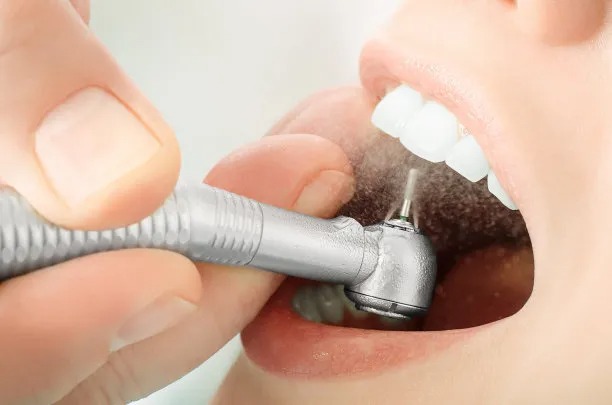Essential Guidelines to Ensure a Successful Dental Filling Experience and Maintain Oral Health Post Treatment
Summary: A dental filling procedure can significantly enhance oral health and alleviate discomfort caused by cavities. However, ensuring a successful experience requires careful planning and knowledge. This article outlines essential guidelines covering pre-treatment expectations, effective post-treatment care, dietary considerations, and the importance of regular dental visits. Each section aims to provide comprehensive information that empowers patients to take charge of their oral health. By adhering to these guidelines, patients can not only ensure a smooth dental filling experience but also maintain excellent oral hygiene long after the procedure, leading to overall improved health and wellness.
1. Prepare for Your Dental Filling Appointment

Proper preparation for your dental filling appointment sets the foundation for a successful experience. Start by discussing any concerns or anxieties with your dentist prior to the procedure. Knowing what to expect can significantly reduce anxiety and enhance comfort during treatment. Your dentist may recommend medications or relaxation techniques to ease your nerves.
Its also important to follow any specific instructions provided by your dental team. This may include dietary restrictions, especially if sedation will be used. Avoiding certain foods and drinks beforehand can help prevent complications during the procedure.
Finally, ensure you have reliable transportation arranged if sedation is part of your treatment plan. Post-treatment grogginess can affect your ability to drive. Planning ahead in this area shows foresight and helps to ensure a seamless visit to the dentist.
2. Understand Post-Treatment Care for Fillings
After receiving a dental filling, understanding the proper aftercare is crucial for promoting healing and longevity of the filling. Initially, it’s important to avoid chewing on the side of the mouth where the filling was placed until any numbness completely wears off. This will help prevent accidental bites on your cheeks or tongue.
In the following days, you should closely monitor the filled tooth for any signs of discomfort, which might be caused by sensitivity to hot and cold sensations. If discomfort persists, contact your dentist to discuss whether adjustments are needed. Regular pain or sensitivity can sometimes indicate that the filling hasnt settled correctly.
Maintaining a consistent oral hygiene routine is vital post-treatment. Continue to brush and floss gently around the filled area, and consider using a fluoride mouthwash to enhance protection against future decay. Establishing a strong aftercare routine can help prevent new cavities from forming and preserve your oral health.
3. Dietary Considerations After Your Filling
Your diet plays a significant role in the health of your teeth and the effectiveness of dental fillings post-treatment. Shortly after your appointment, its advisable to avoid hard, sticky, or chewy foods, which can pressure the filling and cause it to loosen. Soft foods like yogurt, mashed potatoes, or smoothies are great alternatives during the healing period.
In the following days, focus on a balanced diet rich in nutrients that promote dental health. Foods high in calcium and vitamin D, such as dairy products, leafy greens, and fish, strengthen your teeth and bones. Avoid sugary snacks and drinks as they can lead to further decay and put your fillings at risk.
Staying hydrated is equally important. Water not only supports general health but also helps wash away food particles and bacteria that can accumulate in the mouth. Establishing healthy eating habits serves not only immediate recovery but provides long-term benefits for your overall oral health.
4. The Importance of Regular Dental Check-Ups
Regular dental check-ups are an essential component of maintaining oral health, especially after receiving a filling. Your dentist can monitor the integrity of the filling, ensuring it remains effective for years. Routine exams also help identify any dental issues before they escalate, preventing the need for more extensive treatments.
During these visits, your dental team can provide personalized advice based on your dental history, including specific oral hygiene tips and dietary recommendations. This proactive approach to care ensures your fillings and natural teeth stay in optimal condition.
In addition, dental cleanings are vital for removing plaque buildup that can lead to new cavities. By scheduling consistent appointments every six months, you reinforce your commitment to oral health and contribute to a lasting, successful filling experience.
Summary:
The guidelines provided in this article equip patients with essential knowledge for managing their dental filling experience and maintaining long-term oral health. By preparing well for appointments, adhering to post-treatment care, considering dietary habits, and committing to regular check-ups, individuals can significantly enhance their oral health outcomes.
This proactive approach ultimately leads to healthier teeth and a more comfortable life. Don’t hesitate; prioritize your dental health today!
This article is compiled by Vickong Dental and the content is for reference only.



